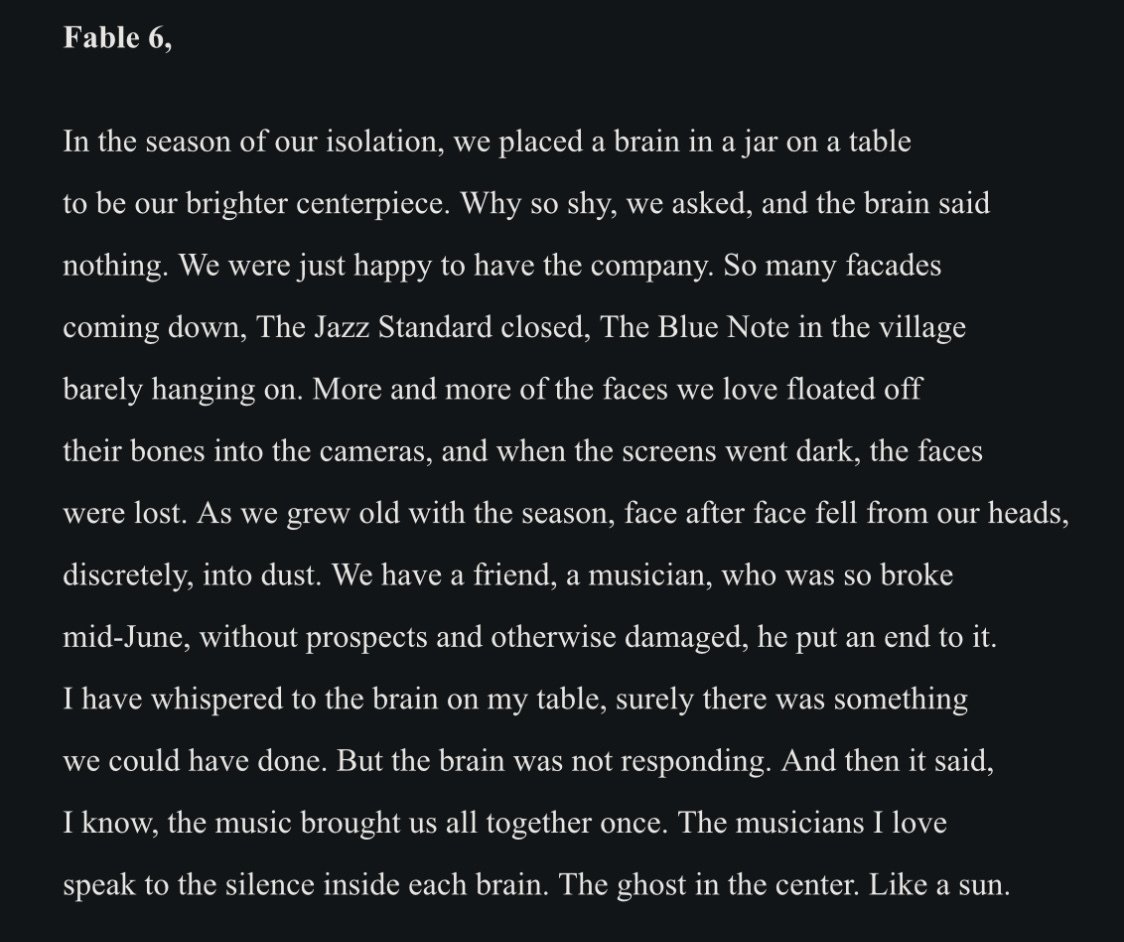Love it. Don't get it. means something. thanks
Poetry
A community to celebrate published and OC works of poetry.
Welcome to !poetry
Guidelines & Community Rules
In addition to the general rules of lemmy.world:
Published Poetry
1a: Poetry posts should include the title and the author, when the author is known.
O.C. Poetry
2a: Sharing original poetry is encouraged, but it must be preceded by the tag "[OC]."
2b: If an [OC] post is requesting feedback, it should also follow with the "[FB]" tag. It would look like the following example:
[OC] [FB] Nothing Gold Can Stay
Feedback
All feedback should be given in good faith.
3a: All [FB] requests should be met with comments constructive in nature. It is okay to dislike parts of a poem, but make sure to explain why you feel that way.
3b: Feedback does not need to be extraordinary in nature. Simply expressing how a work makes you feel is often enough.
3c: Use the honor system. When you receive good feedback, return it in kind to another author. Everyone appreciates knowing their work is being read and appreciated.
As this community develops, these guidelines may be adjusted.
Formatting Help
Work in progress
To create a line break, use two spaces at the end of a line.
To create empty space, type .
Use four of these at the beginning of a line to create a standard indent.
UPDATE:
Some methods of access do not format markdown correctly. I am currently testing various apps and web interfaces to see what does and does not retain formatting.
In the interim, it is encouraged to post text poetry as you normally would, but to include a link at the beginning or end of the post with access to a website or image that retains the formatting as intended.
Other Poetry Communities
Poetry lovers unite! In the style of the fediverse, multiple poetry communities have arisen, and will continue to rise. I will try to keep a list here of communities across instances that are worth checking out!
Bruce Bond is great, and any of his numbered “Fables” are particularly good. When I teach poetry, I like to take the approach with a triangle of form, content, and meaning. Then the most straightforward thing to do is see how a poem matches tradition/expectations at each point, and how it subverts tradition/expectations. Calling it a “fable” immediately draws the questions of what a fable is, the history of fables, how they operate, their purpose and commonalities, and then how this poem both fits in the tradition of fables but also subverts it. That’s where you could crack into the meaning portion, academically speaking.
Also, sometimes poems are just awesome little pieces of writing, and that’s why I like them too.
thanks, that does help.
while I was reading it the first time, I did think "it's good he labeled it a fable, that will help frame the construction of my understanding of it"
